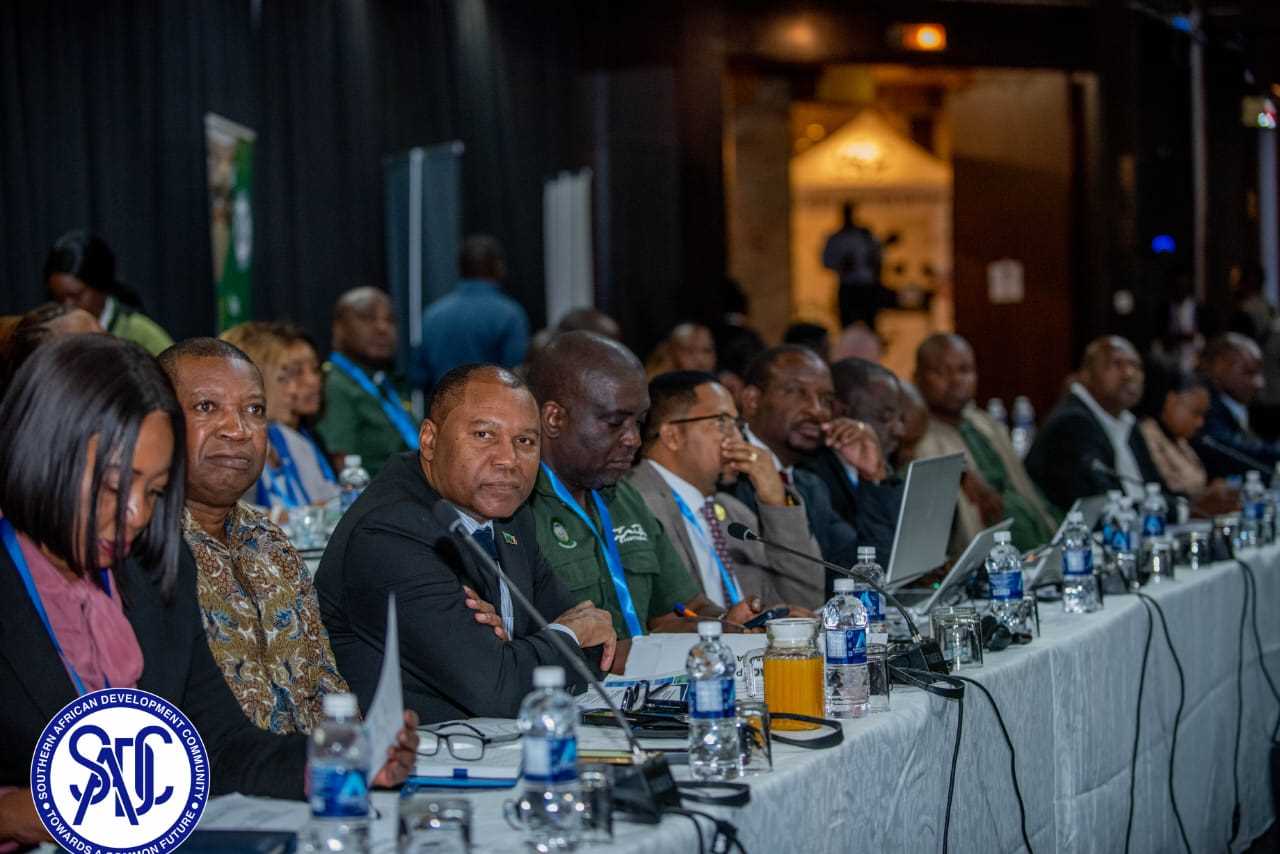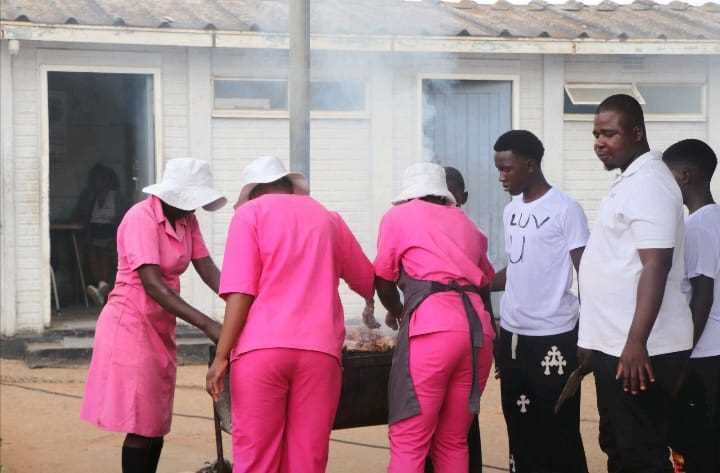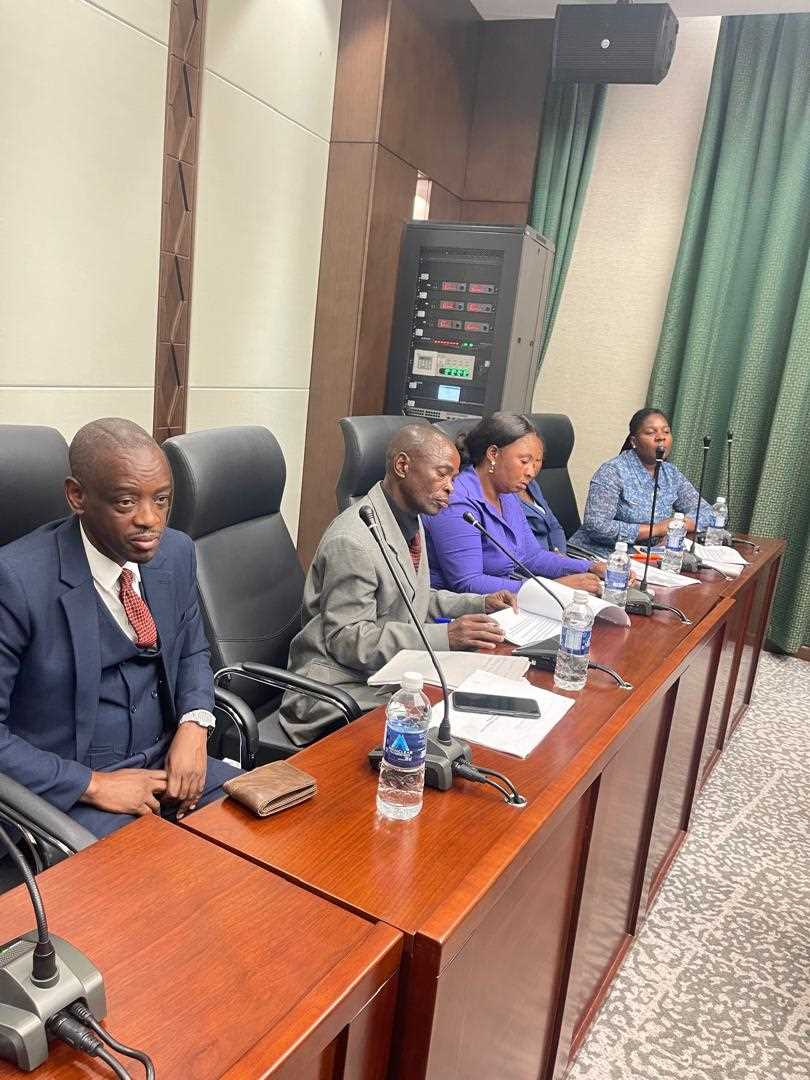
Rutendo Mazhindu- Zim Now Reporter
The Permanent Secretary in the Ministry of Environment, Climate and Wildlife has urged Southern African Development Community member states to prioritise local communities in conservation efforts, warning that sidelining indigenous voices risks reversing decades of ecological progress.
Speaking in Harare at the SADC Transfrontier Conservation Areas conference, which commemorates 25 years under the theme TFCAs: 25 Years of Cooperation for Regional Integration and Sustainable Development, the Permanent Secretary emphasised the need for inclusive and community-focused conservation models.
“Our TFCAs will serve no purpose if they do not prioritise the well-being and livelihoods of local communities,” he said, underscoring the critical role that indigenous populations have played in safeguarding the region’s natural heritage. He stressed that communities have long been the custodians of biodiversity and should not be left out of policy discussions and decision-making processes.
“There can be no conservation without local communities who, since time immemorial, have lived and carefully conserved the natural resources that we so dearly enjoy today,” he added.
Ambassador Chifamba, who delivered the keynote address, urged stakeholders to consider innovative ways to empower and support communities within the TFCA framework. He said the success of conservation initiatives depends on the full inclusion and benefit of those who live closest to these ecological hotspots.
Related Stories
“We therefore need this conference to consider innovative ways of ensuring communities are well capacitated, supported, and directly benefit from the TFCA programme,” he said, calling for sustainable models that ensure local ownership and long-term impact.
Highlighting the importance of institutional and community resilience, he emphasised the need for knowledge-sharing and capacity building to support cross-border conservation efforts. “We need to ensure that our institutions and communities are equipped with the knowledge and tools necessary to manage these shared resources effectively. Improved knowledge management will further enable us to make informed decisions and share best practices across borders,” he said.
Chifamba further called for stronger regional cooperation, robust governance systems, and strategic partnerships across sectors to strike a balance between ecological preservation and development. “I call upon the SADC Member States to create a robust framework that supports both ecological and human prosperity,” he stated.
Addressing one of the pressing challenges faced by TFCA regions, he pointed to the escalating threat of human-wildlife conflict, particularly from elephants and other species that destroy crops and endanger rural livelihoods. He urged the conference to comprehensively evaluate all available mitigation strategies.
“This conference should ensure that all the available mitigation and response measures are explored and evaluated,” he said.
In closing, Chifamba called for unity in conservation efforts, reminding delegates of the transboundary nature of African ecosystems and the shared responsibility that rests on all member states. “We are at a pivotal moment where our collective actions can lead to transformative changes, benefiting not only our ecosystems but also the communities that depend on them,” he concluded.


















Leave Comments